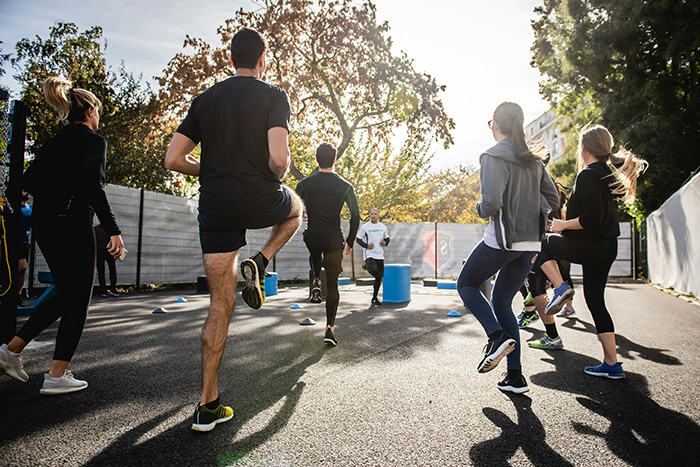
In an era where mental health issues like depression and anxiety are increasingly prevalent, finding effective, accessible, and non-pharmacological treatments is more important than ever. Regular exercise emerges as a compelling, holistic approach, offering a beacon of hope for those battling these conditions. This article delves into how physical activity can be a potent tool in managing and mitigating the symptoms of depression and anxiety.
Understanding the Exercise-Mood Connection
The relationship between exercise and mood enhancement is well-documented and multifaceted. When we engage in physical activity, our body releases endorphins, often referred to as the body’s natural antidepressants. These chemicals play a crucial role in regulating mood, reducing pain, and instilling a sense of well-being.
But the benefits of exercise extend far beyond the release of endorphins. Regular physical activity also stimulates the release of neurotransmitters like serotonin and norepinephrine, which are closely linked with depression. By enhancing brain chemistry, exercise acts as a natural mood stabilizer.
Exercise and Stress Reduction
Anxiety, often a constant companion of depression, can also be alleviated through regular exercise. Engaging in physical activity reduces the body’s stress hormones, such as adrenaline and cortisol, providing a natural method of stress relief. The rhythmic and repetitive nature of activities like running, swimming, or cycling can be particularly meditative, helping to break the cycle of constant worry and rumination that characterizes anxiety.
Building a Stronger Mind and Body
Exercise is not just about altering brain chemistry; it’s also about building resilience, both physically and mentally. Regular physical activity strengthens the body, boosts energy levels, and improves sleep, all of which are often adversely affected by depression and anxiety. Moreover, the sense of achievement and confidence gained from meeting physical challenges can transfer into a stronger, more resilient mindset.
The Social Aspect of Exercise
For many, the social aspect of exercise – whether it’s a group fitness class, a walking club, or a team sport – provides an additional mental health boost. Social interaction during exercise can alleviate feelings of isolation, a common issue in those suffering from depression and anxiety. The support and camaraderie found in group exercise settings can be incredibly uplifting.
Finding the Right Balance
It’s important to note that while exercise is a powerful tool, it’s not a one-size-fits-all remedy. The type, duration, and intensity of exercise that works best will vary from person to person. It’s also crucial to balance exercise with other treatments such as therapy and medication when necessary.
The role of regular exercise in combating depression and anxiety is clear: it’s a natural, effective, and accessible method that offers a myriad of mental health benefits. As we continue to navigate the complexities of mental health, incorporating exercise into our daily routine emerges as a vital strategy in managing and improving our psychological well-being.

Theodore Lee is the editor of Caveman Circus. He strives for self-improvement in all areas of his life, except his candy consumption, where he remains a champion gummy worm enthusiast. When not writing about mindfulness or living in integrity, you can find him hiding giant bags of sour patch kids under the bed.
